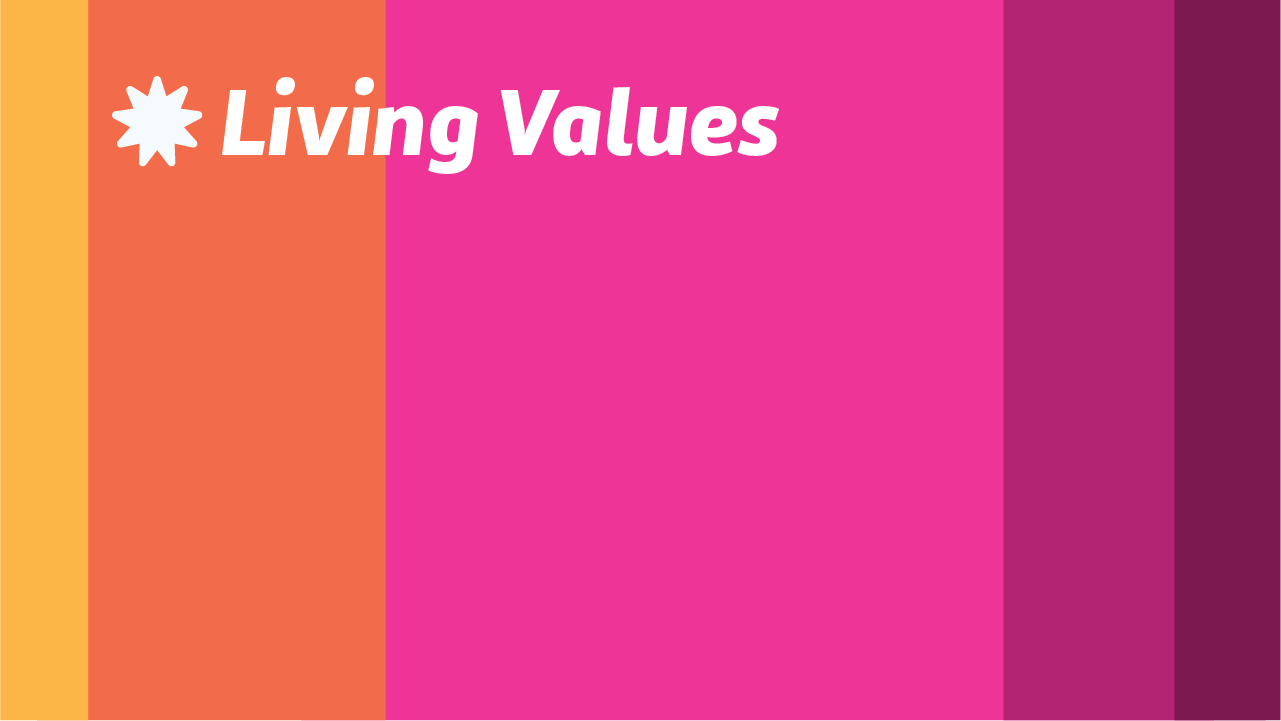Living Values: Researching and Designing End-of-Life Decision-making with People who are Marginalized

This talk will share work from the Living Values project, a design research effort in the Midwest United States that endeavors to learn what people who are marginalized value for their end-of-life experiences and how to design relevant and usable interventions that empower them to record their wishes for end-of-life matters. People who have been underserved due to race, ethnicity, socioeconomic status, or sexual orientation face culturally-situated barriers that often prevent them from recording their end-of-life decisions. The Living Values project, supported by Scripps Gerontology Center at Miami University in Oxford, Ohio, was started in 2015 to more clearly understand the characteristics of these barriers via primary research then co-create and test prototype solutions to reduce the most pressing barriers. Our interdisciplinary team of three bring Experience Design, Gerontology, and Philosophy expertise to the project and is currently working with adults age 55 and older in subsidized senior housing buildings in northern Kentucky near Cincinnati, Ohio.
This talk will share aspects of the project’s people-driven, wellness approach and ways it has influenced research design and operation. A major goal for the project is to increase advance care planning recording rates in target populations (specifically Do-Not-Resuscitate (DNR) directives and Health Care/Durable Power of Attorney forms). However, our team has found that a wellness approach that prioritizes what people value for their end-of-life experiences such as care for their pets after a person’s death or making sure a person who is dying can hear the music they love has been an effective way to work toward discussing medical and financial matters.
During this talk, aspects of the Living Values project and discoveries will be shared. Setbacks and successes when building rapport with participants, religious groups, social work organizations, and nonprofits around death and dying topics will be discussed. Many people who are marginalized live paycheck-to-paycheck and their trust in health care systems are damaged so even thinking about end-of-life matters in the distant future can be very difficult. This talk will detail tools we have designed to help participants articulate and record their values for advance care planning and end-of-life experiences in 1-year, 1-month, and 1-day increments during focus group sessions. A brief overview of findings will be presented, including themes emerging from the research and insights gained from operating design research methods in topics related to death, dying, and end-of-life choices.